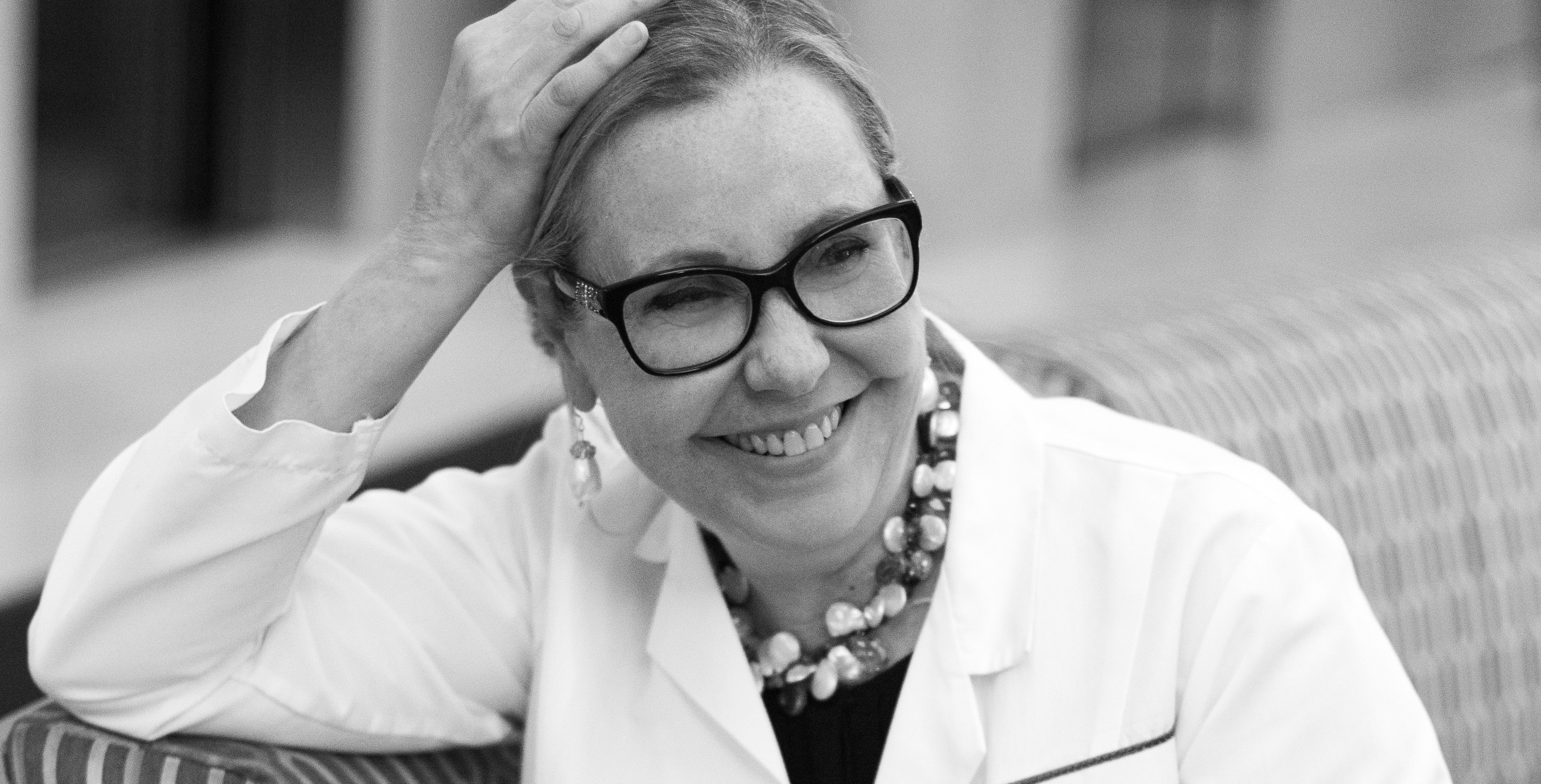By A. Clara Pistek
80% of Women Suffer from PTSD Symptoms after Breast Cancer Diagnosis
A Conversation with Dr. Deborah Axelrod about a Holistic Approach to Cancer Care
A recent study has found that about 80% of women with breast cancer have signs of Post-Traumatic Stress Disorder (PTSD) as a result of their diagnosis. PTSD is an anxiety disorder brought on by a traumatic event, frequently one that is life-threatening, such as the appearance of breast cancer or its recurrence. The high rate of PTSD symptoms illustrates the tremendous emotional disruption and stress caused by this disease.
A growing body of scientific evidence supports the use of complementary therapies to manage PTSD symptoms when there is confirmation of breast cancer. These evidence-based therapies help women deal with the emotional and physical effects of a diagnosis and its treatment. Complementary therapies can include art therapy, music therapy, acupuncture, meditation, tai chi and yoga. They are not expected to cure the disease.
Offering a holistic approach to cancer care, integrative therapy combines standard medical practices with complementary therapies. Typically, integrative therapy aims to address all aspects of a patient’s well-being: physical, emotional, spiritual and social.
Research has shown that integrative therapy alleviates the negative feelings that accompany a cancer diagnosis. Patients are empowered to take an active role in improving their health and this enhances their sense of wellness. Substantial decreases in pain and anxiety have been reported by breast cancer patients, as well as by survivors, when integrative therapy is the course of treatment.
The Laurus Project recently spoke to Dr. Deborah Axelrod, who leads the Artist-in-Residence Program at NYU, offering art therapy to patients under treatment for cancer. Dr. Axelrod, a board-certified surgeon who specializes in breast diseases and breast cancer, is Director of Clinical Breast Programs and Services and medical director of Community Cancer Education and Outreach at NYU Clinical Cancer Center in New York City.
What is integrative therapy?
Integrative therapy is the combining of traditional medical treatments (such as surgery or chemotherapy) with complementary therapies (such as journaling or massage) that have been shown to be safe and to work to treat the body, mind and spirit.
What is the goal of integrative therapy?
As a patient, it is important not to let an illness define you. You are not the locally advanced breast cancer. You are mothers and fathers and parents and children.
The effects of a breast cancer diagnosis are not only physical, but also emotional. Patients struggle to learn about and make the best decisions for their treatment and, at the same time, they fight for their identity and to be recognized as individuals. It is easy for them to get lost in their journey and this has implications for a longer recovery.
Integrative therapy helps to improve quality of life during treatments, relieve symptoms, and increase a sense of well-being. There are many studies, for instance, that have looked at how art therapy can improve recovery, and that is our goal.
What areas of the creative process are included in integrative therapy?
We can consider four major areas of arts and health care: music engagement, visual arts therapy, movement-based creative expression, and expressive writing. We have concentrated on all of these at NYU.
We have a music arts program in which professional musicians play in the hospital lobby, in the day-surgery unit and in the lobby of the cancer center. It alleviates some of the patients’ stress.
Our visual arts program is twofold. We exhibit original works of art, including photographs, in the common areas and in exam rooms and run an art therapy program in conjunction with the Creative Center for People with Cancer1. This program consists of an artist in residence at various sites across the medical center who works directly with patients on a variety of projects including collages, card-making, textiles and jewelry-making, as examples.
The movement program includes restorative movement aiming to achieve balance and strength for patients recovering from, or currently undergoing, cancer treatments. There are a number of other programs such as yoga, dance, and tai chi that we refer patients to.
Our survivorship workshop series has many interesting topics, one of which is journaling where patients are instructed on how to organize and write down their experiences. Patients have said that they learn new things about themselves and that it has improved their relationships.
How do such programs affect recovery of patients?
Let’s look at an example of how art helps heal.
In a study of patients who were undergoing heart surgery, 160 were randomized to recover in the ICU with various art/no art at the foot of their bed, in their direct vision. The patients with a nature scene of still water surrounded by trees recovered quicker and were less anxious and weaned off potent intravenous pain medications faster than those with no art.2
There are numerous reports of cancer patients benefiting from a variety of these programs. The programs have become more innovative and hospitals and treatment centers have embraced the concept that art and health should be engaged with one another. The common symptoms of fatigue, depression and anxiety from cancer treatments are to an extent mitigated by these programs.
How did you get involved?
One of my closest friends was the artist-in-residence here at NYU. Being in her classes and experiencing her interactions with various patients convinced me of the great need for these programs. The participants were facing end-stage disease. Many were on chemotherapy and were worried about their families, their jobs, their relationships and the great deal of stress they had. With art therapy, they were engaged and focused on something other than their illness and its consequences. The distraction was a welcome and empowering refuge for them.
Is this a standard part of cancer care?
Unfortunately, no. But I believe it should be.
How do patients and their families find such programs?
Contact the social worker within your treatment center, or ask your physician to refer you to a program that is right for you.
1 http://www.thecreativecenter.org/tcc/programs/hospital/
2 MJ Friedrich. The Arts of Healing. JAMA May 5, 1999 281(19).
More about Dr. Deborah Axelrod
Dr. Deborah Axelrod is a member of The Laurus Project’s Medical Advisory Board.

